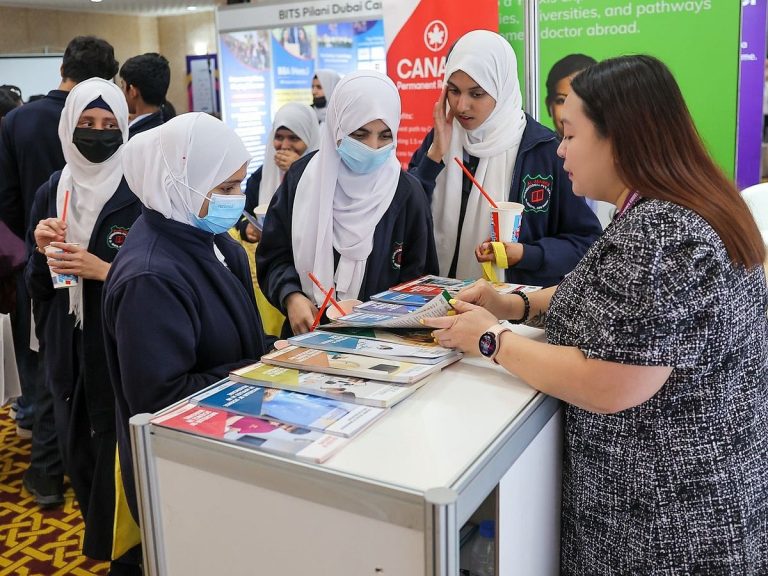Abu Dhabi Police Stress Parental Role in Drug Prevention
The Abu Dhabi Police’s Anti-Narcotics Directorate is emphasizing the vital role parents play in safeguarding their children from drug abuse. By fostering a supportive and attentive home environment, families can help mitigate the risks associated with neglect and negative influences.
The Impact of Family Neglect
The directorate warns that neglect within families can lead to severe consequences, including increased vulnerability to drug use. Young individuals may turn to substances as a means of coping with emotional distress or personal challenges. Forms of neglect can manifest in various ways, such as inadequate supervision, excessive focus on work, poor communication, emotional detachment, and a lack of psychological support.
Building Strong Family Bonds
To combat these issues, the police encourage families to strengthen their emotional connections and maintain open lines of communication. Parents should avoid making comparisons between their children that could instill feelings of inadequacy. Instead, fostering a nurturing environment can help children feel valued and understood, reducing the likelihood of engaging in risky behaviors.
FAQs
What are the signs of neglect in a family setting?
Signs of neglect may include lack of supervision, emotional distance, poor communication, and children exhibiting signs of distress or behavioral issues.
How can parents support their children emotionally?
Parents can support their children by actively listening, engaging in meaningful conversations, and providing reassurance and guidance during challenging times.
What should parents do if they suspect their child is using drugs?
If parents suspect drug use, they should approach the situation calmly, seek professional help if necessary, and maintain an open dialogue with their child to understand their feelings and experiences.
Conclusion
The Abu Dhabi Police’s message highlights the importance of parental involvement in preventing drug abuse among youth. By fostering a supportive and communicative family environment, parents can significantly reduce the risks their children face. Active engagement and emotional support are crucial steps in safeguarding young individuals from the dangers of substance abuse.
The issue of drug abuse among youth is a growing concern globally, with various factors contributing to the problem. In many cases, young people may be influenced by peer pressure, societal expectations, or exposure to substance use in their communities. The role of parents becomes even more critical in this context, as they are often the first line of defense against these external pressures. By establishing trust and open communication, parents can create a safe space for their children to discuss their experiences and challenges, which can help deter them from experimenting with drugs.
Educational programs and community initiatives also play a significant role in addressing drug prevention. Schools and local organizations often collaborate with law enforcement agencies to provide resources and workshops aimed at educating both parents and children about the dangers of drug use. These programs can equip families with the knowledge and tools necessary to recognize early signs of substance abuse and to implement effective prevention strategies. Furthermore, community support networks can offer additional resources, such as counseling services and support groups, which can be invaluable for families facing these challenges.
Research has shown that parental involvement in a child’s life is linked to better emotional and behavioral outcomes. When parents actively participate in their children’s activities, such as school events or extracurricular pursuits, it fosters a sense of belonging and security. This involvement can help children develop resilience and coping skills, making them less susceptible to engaging in risky behaviors, including drug use. Additionally, parents who model healthy behaviors and coping mechanisms can significantly influence their children’s choices and attitudes toward substances. By prioritizing their children’s well-being and maintaining a proactive approach to parenting, families can contribute to a healthier, drug-free future for the next generation.
Also Read:
Weekend Activities for Families and Pets in the UAE







